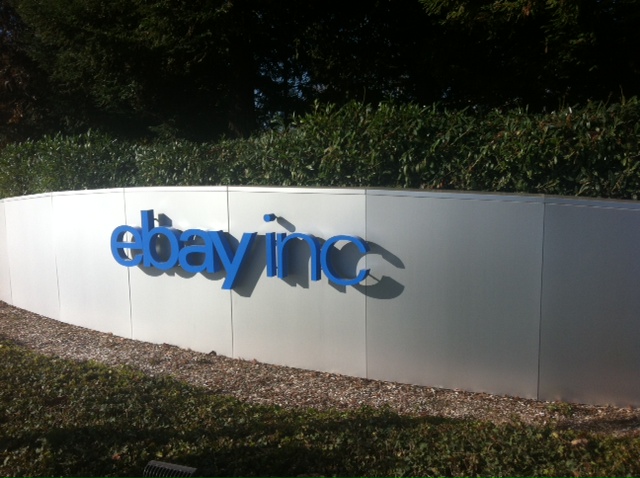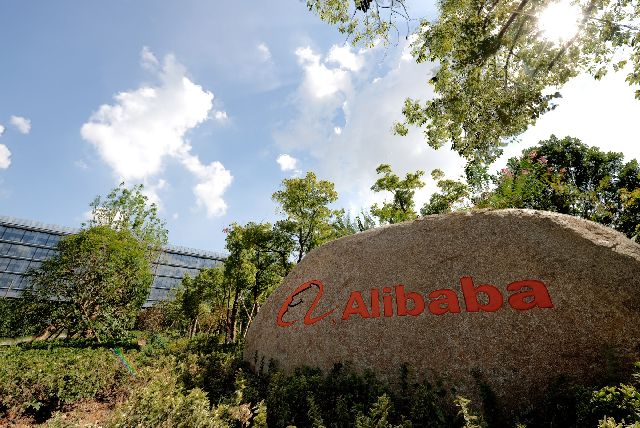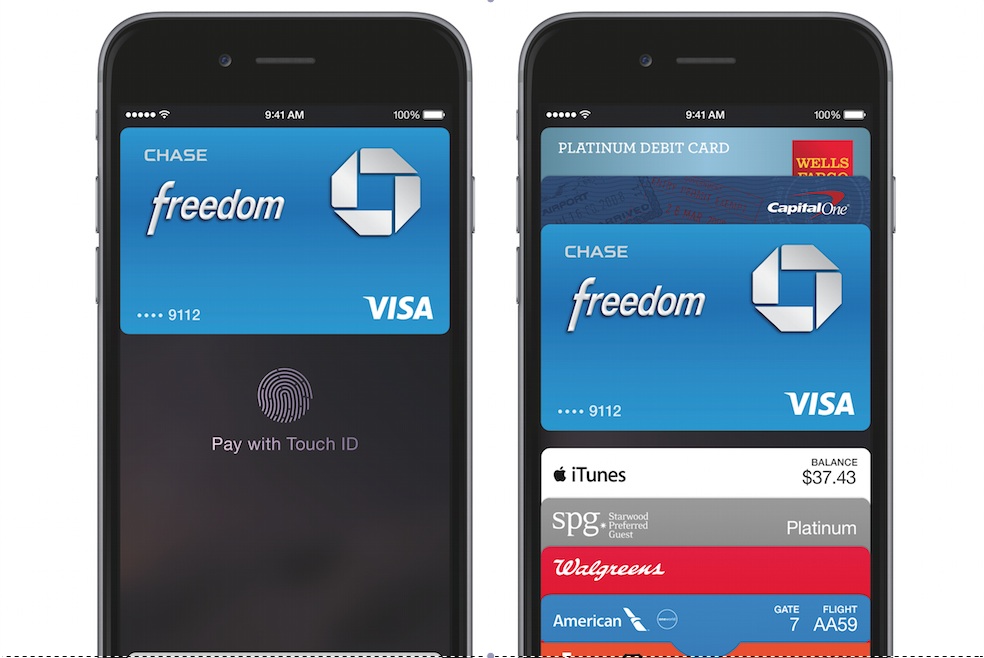“eBay is a shark in ocean, Alibaba is a crocodile in the Yangtze” film maker Porter Erisman quotes the founder of Alibaba, Jack Ma, in comparing the two online trading sites.
In promoting his film Crocodile in the Yangtze, Porter spoke to Decoding the New Economy about the rise of the global Chinese internet giant.
A key part in Alibaba’s success is taking on eBay on it’s own turf, “if you’re David fighting Goliath you can’t play by the big guy’s rules,” Porter says.
This is exactly what the Chinese company did when eBay entered their market and today Alibaba and it’s subsidiary Taobao have sales exceeding eBay’s and Amazon’s.
“Back in about 2003 Jack Ma came to me and told me about a secret project to overtake eBay,” Porter says. “When we looked at them they looked like a Goliath, they’d never really been beaten in a market they’d entered first and they had a huge war chest with a $150 million committed to the China market.”
It turned out that eBay weren’t as powerful as they appeared, something other entrepreneurs have discovered when giants like Google have entered their markets.
The Chinese Leapfrog
Like many rapidly developing countries, China is leapfrogging various stages of development that Western economies went through with the retail industry and e-commerce being two examples.
“Some people say cellphones will leapfrog landlines, actually the same is due with entire systems,” says Porter. “In China coming from so many years of a command economy there wasn’t a very developed retail culture or even a consumer culture.”
“Taobao came along at a time when all of that was still in the early phases of development and the company basically leapfrogged that whole phase of building out shopfronts and building logistics.”
“E-commerce in China is revolutionary while in the US, or Australia, it is evolutionary.” Porter says.
Porter quotes Jack Ma as saying “e-commerce in the US would be a dessert, in China it is the main course.”
China’s Global Challenge
As companies like Lenovo computers, Hauwei telecommunications or Haier whitegoods have discovered, Chinese businesses face challenges when expanding overseas. Porter sees this as a matter of time and scale.
“Like Japan in the 1970s and 80s there’s a whole wave of companies that have started going global. China’s such a big market that there’s a lot of companies that get big and develop scale before going international.”
“I’d say the biggest challenge in the beginning is cultural,” states Porter. “China’s at a disadvantage because information and the media are so controlled that’s sometimes a rude awaking when a company goes global like a Hauwei and then faces a bunch of political issues it doesn’t understand.”
“One of the reasons I made the film,” Porter says. “I wanted entrepreneurs in China to see it and understand these are the issues Alibaba faced when they went global and hopefully you can learn from some of those successes and mistakes.”
Going to China
Porter’s advice to westerners going into China is to shut up, listen and learn, “don’t assume that just because things are done a certain way in the US or Australia that it’s superior.” The country’s culture and ways of doing business are different to those of North America, Europe or Australia.
“If you look at the way traffic moves in Shanghai it looks crazy. If you drove like that in Sydney it would be a disaster but there’s just different ways of through traffic, getting point A to B.”
“It’s better not to judge, but just step back.”
Regardless of our judgements, China’s move up the value chain means we will see more PRC founded companies going global.
Over the next decade we’re going to see the globalised economy start to take on some recognisably Chinese characteristics.
Similar posts:











